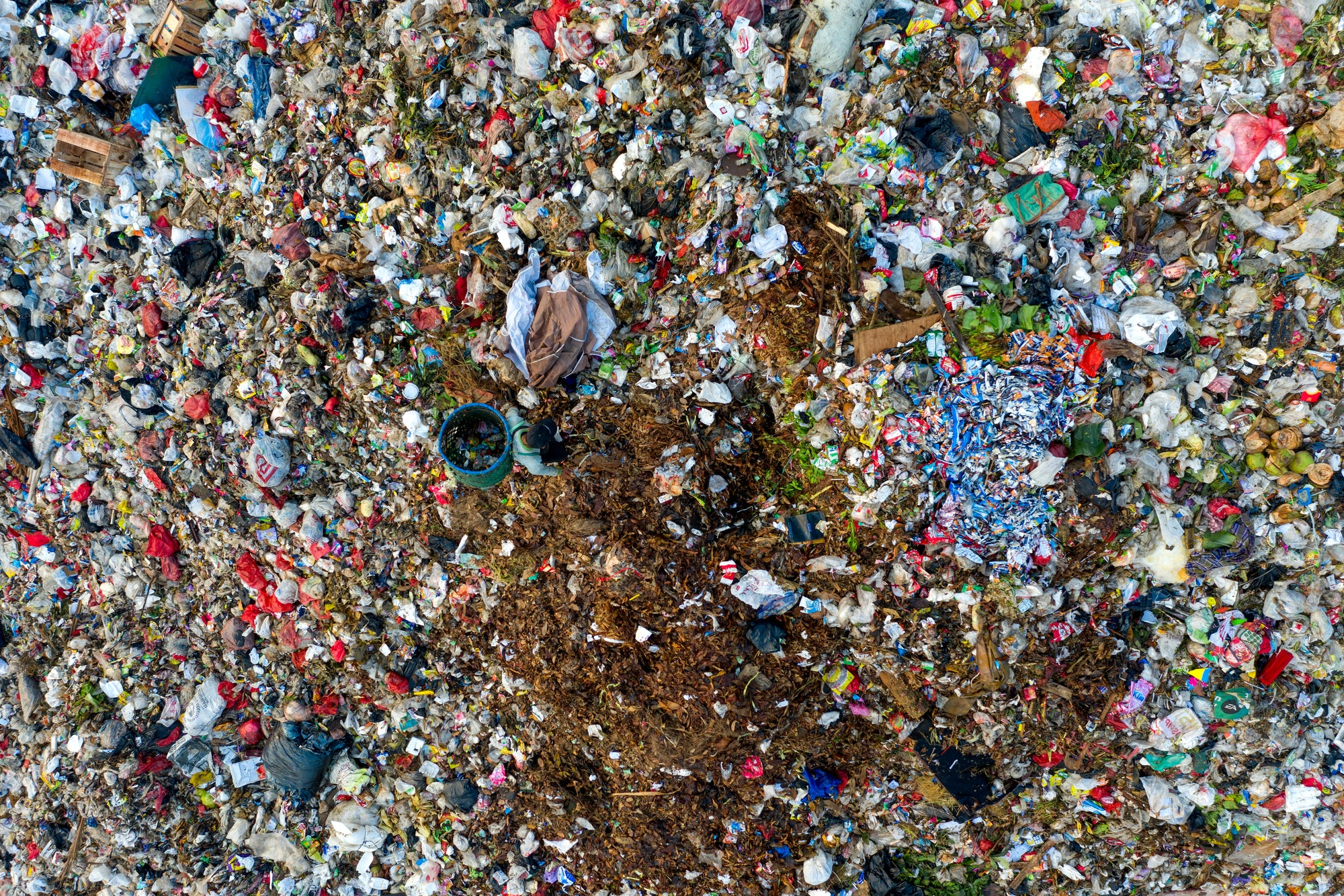

The environmental impact of disposable period protection: how to reduce our ecological footprint?
Disposable sanitary pads are an indispensable part of the lives of millions of women around the world. However, their impact on the environment is considerable, due to their production, use and disposal. In this article, we'll look at the environmental footprint of disposable sanitary pads, as well as the sustainable alternatives available to help reduce their environmental impact.
-
The ecological footprint of disposable period protection
Disposable tampons and pads are often made from non-biodegradable materials such as plastic and synthetic fibers, which can take hundreds of years to break down. In addition, their production requires the use of water and energy resources, which can cause environmental damage. Their disposal is also a concern in terms of the ecological footprint, as they often end up in landfills where they can take hundreds of years to decompose, or they end up in the oceans where they pollute the marine environment and threaten the marine life.
-
Sustainable alternatives
There are many sustainable alternatives to disposable sanitary pads that can help reduce their environmental impact. Menstrual cups are a popular option because they are reusable and can last for years. Period panties and washable sanitary napkins are also sustainable options because they can be washed and reused multiple times. Additionally, organic products and natural alternatives, such as organic cotton tampons and sanitary napkins, can be a more environmentally friendly option.
-
How to adopt sustainable alternatives?
Switching to sustainable alternatives to disposable sanitary pads can seem daunting, but it may be easier than you think. Many brands now offer sustainable options, which are readily available online or in specialty stores. It's important to do your research to find the best option for you and not be afraid to try different alternatives. Additionally, it's important to consider using sustainable products as a long-term investment, as they can be used for many years and significantly reduce your environmental footprint.
Conclusion: Disposable sanitary pads have a significant impact on the environment, but there are many sustainable alternatives available to help reduce their environmental footprint. By choosing reusable and natural options, we can all help reduce our impact on the environment and protect the planet for future generations.
